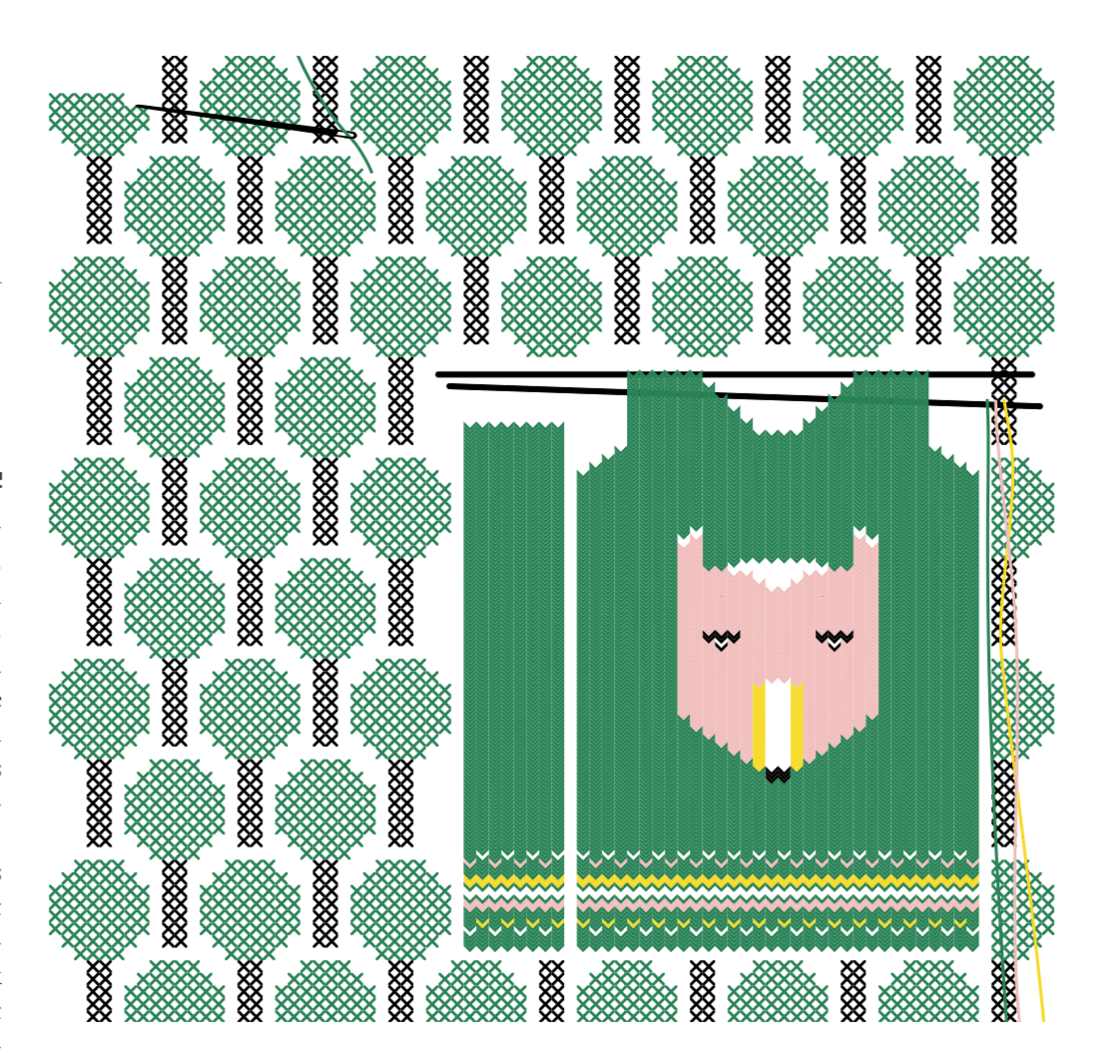Throughout his career, Pat has explored some core themes and topics, which persist through all of his activities and services. He welcomes inquiries from all fellow (re)searchers! Contact here.
The Play Ethic: What is the power and potential of play, creativity and innovation?
Play has become a keyword in contemporary debates about the importance of creativity to individuals, society and economy - bursting beyond its usual association with child development and "trivial things". Since writing The Play Ethic in 2004 (book available here), Pat has both tapped into and helped develop this wider interest (see the Consultancy/Research and Keynotes pages on this site for many of those interventions).
His current interest is what play can bring to current debates on the role of evolved human nature - and how much it shapes our behaviour and social systems. So much recent emphasis has been on the limits of human cognition - we are all Homer Simpsons at heart, needing to be "nudged" into better behaviour. But play indicates that we also have a cognitive "surplus" - evidenced in our creative, humorous and experimental urges...the Lisa Simpson of our natures.
Some more reading:-
"Five Ways That Play Can Save The World" - presentation at IKEA contemporary, Milan, 2015
"The Play Ethic" - extended interview for Varoom magazine, 2015
"Play, Potentiality and the Constitution of the Net" - paper for Digital Labor conference, New School, NYC, 2009
"The power of play" - essay for Soundings Journal, 2006
"Dialoguing Play" - paper in Ephemera, 2006
From the Dutch magazine, New Horizon - interview with Pat
Radical Animal: How can our unlimited human nature live within planetary limits?
On the 10th anniversary of writing The Play Ethic, Pat returned to his book and realised it had made an alarming omission: no real mention of environmental or ecological concerns (amidst much celebration of "radical innovation" in automation or digital/network technology).
To respond to this, Pat began his inquiries into what he calls humanity as a "radical animal" (see website). Our playful, conceptual, novelty-seeking nature has been exploited by advertising and consumer capitalism since the early 20th century - leading to the current warming and choking of the planet. Yet appeals to abstinence or asceticism - the hair-shirt approach of much green politics - don't seem to be working.
Might an appeal to "craft" and "making" redirect our appetite for novelty to a better direction than wasteful consumerism? Is this a joyful and creative way for us to stay within what ecologists call the "planetary boundaries"?
Some more reading:-
"From Homo Economicus to Radical Animal" - presentation to London Futures, 2017 (video and slides)
"Radical Animal" - essay for the Institute of Arts and Ideas, 2015
"The 'I'm-happy-I'm-green' consensus won't placate our lust for novelty" - comment piece for Guardian, 2011
"Radical Animal: a general proposal" - memo on RadicalAnimal.net
"X&O". With thanks to Bees and Bombs
The Constitute: What form of organisation is best suited to complex, 21st-century humans?
It's not often you can come up with a new tense for a familiar word - but Pat managed it in a presentation to Westminster Impact Hub in 2011. We know "constitute" as a verb - to combine something into a whole, or more technically to give legal form to an institution.
But what if we thought about it as a noun? What would "a constitute" be?
Not an "institute", made from bricks and history - but from clicks and networks. Not a "constitution", a set of codes and rules that underpins an organisation or state - but a temporary agreement to act, an ad-hoc structure that arises from digital connectivity.
Since 2011, much has arisen in the social/media space that looks retrospectively like a "constitute" - pop-up shops, Slack and Facebook groups, entire movements that string along a Twitter hashtag (#blacklivesmatter, #MeToo). But the theory of the constitute has yet to be properly articulated.
Some more reading:
"What is a 'constitute'?" Presentation to Westminster Impact Hub, 2011
"All together now": Review of Hardt & Negri's Assembly, and Monbiot's Out of the Wreckage, for New Scientist, 2017


